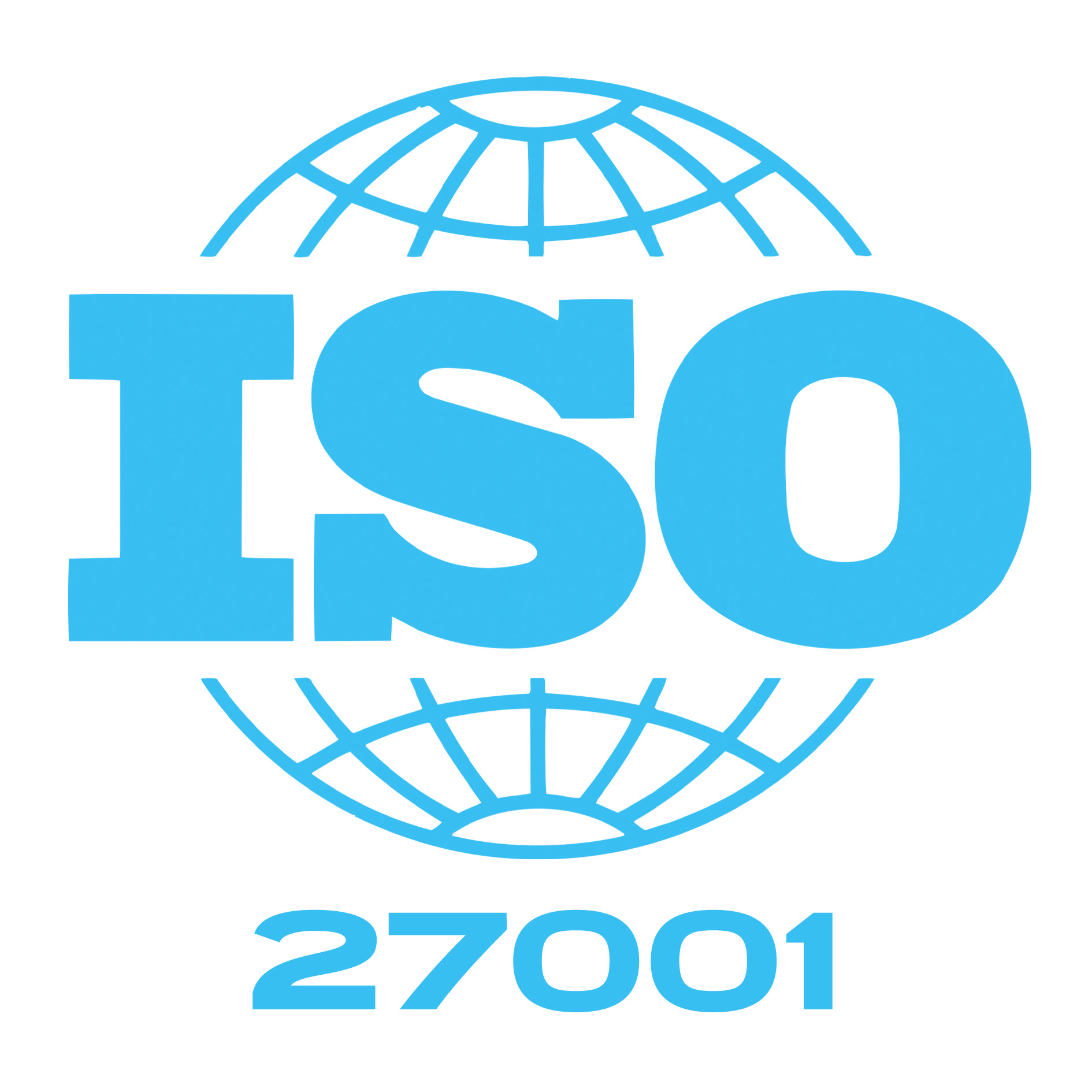Enabling the Next Evolution of Virtual Care
Virtual care is building a fifth wave of digital innovation in healthcare, enabling patients and providers more control over their data and care. Seattle-based Hippo Technologies, Inc. is revolutionizing virtual care and medical education with next-generation wearable technologies that transcend conventional boundaries, helping serve patients across the globe. The past year has brought many positive changes for virtual care, allowing easier access, expanding market share, and increasing the number of patient visits. Today, 90% of physicians report that they have treated patients remotely.
A recent article featuring an interview with Cisco’s global healthcare leader discussed the next steps for virtual care, calling out six important features moving forward. As we look toward the future of digital health, sustainable, easy-to-use options will help virtual care continue to grow. New innovations will help us take the next steps forward in virtual care, and providers will need reliable platforms that can keep up.
The “app-less experience”
Technology has come a long way, and technological innovations in the healthcare space are just getting started. To help facilitate adoption, it’s important to ensure optimal design of products so users have a simple, fast, and clear process.
For many, having to download and switch between apps and logins is a cumbersome and prohibitive process. To move the field forward, virtual care technology needs to move beyond the app so users can scan or click to join a call or switch between virtual processes.
Hippo’s technology platform was built with the future in mind. Our HVC platform includes open APIs, allowing for a range of integrations with our existing system.
Simple to support
Virtual care is quickly becoming part of daily medical life, whether it’s in training medical students or caring for soldiers on a battlefield. Technologies need to be easily integrated into existing workflows and offer better solutions.
Outdated technology can quickly drive up the cost of supporting virtual care. That’s why it’s essential to consider usability from the outset.
Easy to connect
Our plug and play installation makes setup easy and enables a quick deployment. The built-in voice recognition technology allows providers to operate our head-worn tablets hands-free, enabling them to focus on delivering expert care without interruption. Many headsets today are built with noisy environments in mind, ensuring a clear and accurate connection even in the chaos of an emergency.
Built-in security
In today’s world, data security is a top priority, especially when it comes to healthcare. At Hippo, we go above and beyond to ensure our platforms and head-worn tablets are compliant with industry-leading security protocols. Our servers follow a “Zero Trust” policy. With multi-layer firewalls, controlled internet access, and ATO certification, our security levels are compliant with maximum standards. Our messaging system also follows Advanced Encryption Standard 256 (AES 256), which is the first and only publicly accessible cipher approved by the US National Security Agency (NSA) to protect top-secret information.
Reliable platform
Medical providers and patients need to be able to depend on the technology they use. Connectivity issues, application failures, and broken headsets are not an option when a life is on the line. Virtual care platforms and wearable technologies must be resilient. All of Hippo’s head-worn tablets are dust and water resistant and can survive a 2-meter drop onto concrete. The rechargeable batteries provided with each head-worn tablet enable continuous service for 12 hours, ensuring coverage for even the longest shifts.
Integration into existing workflows
For device adoption to be successful in healthcare, the functionality must enhance clinical effectiveness, improve peer-to-peer collaboration, increase medical knowledge and education, and provide easy and timely access to information – all without interrupting day-to-day clinical routines and interactions with patients. Hippo is working to overcome these barriers to acceptance by meeting the needs of providers and care systems, and adopting human-centered design practices to ensure seamless integration with established clinical workflows. Hippo’s platform is also device agnostic, allowing it to be integrated with other wearables and IoT devices.
Cisco’s study of virtual healthcare success is an important look into the necessities to move virtual care into the future. Hippo is proud to be a leader in the industry, supporting the vital steps to help continue healthcare innovation.





